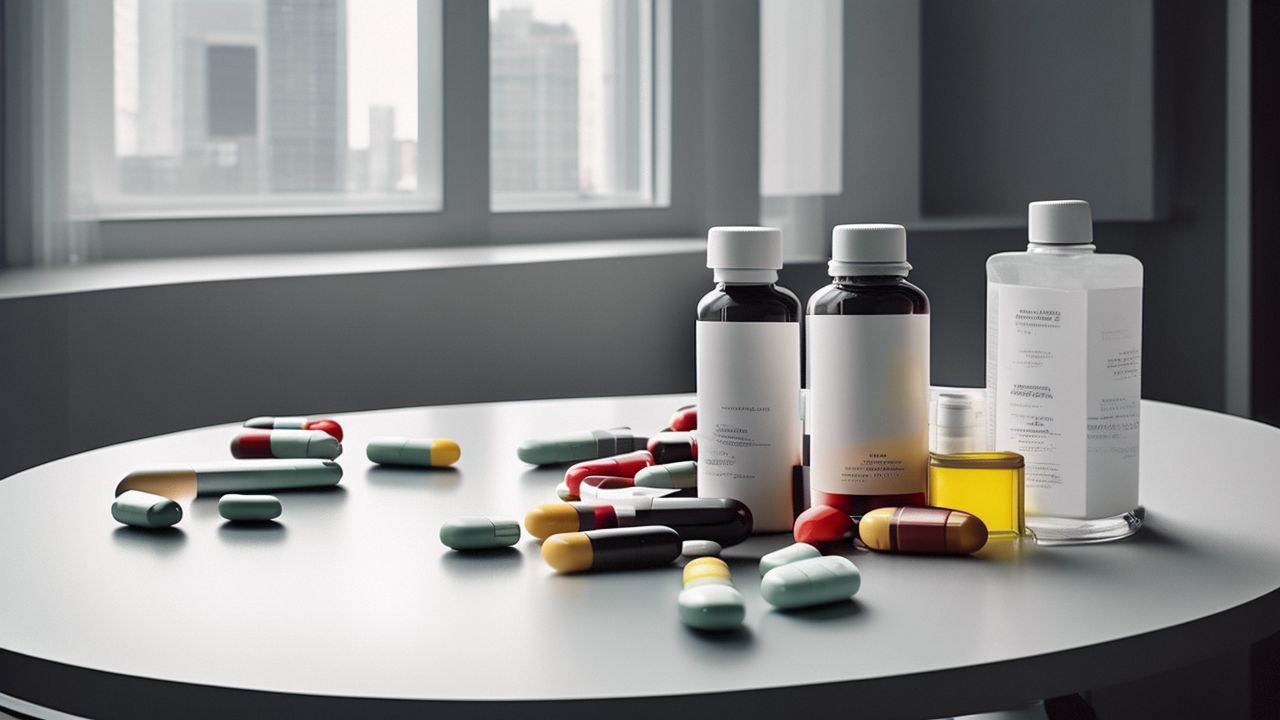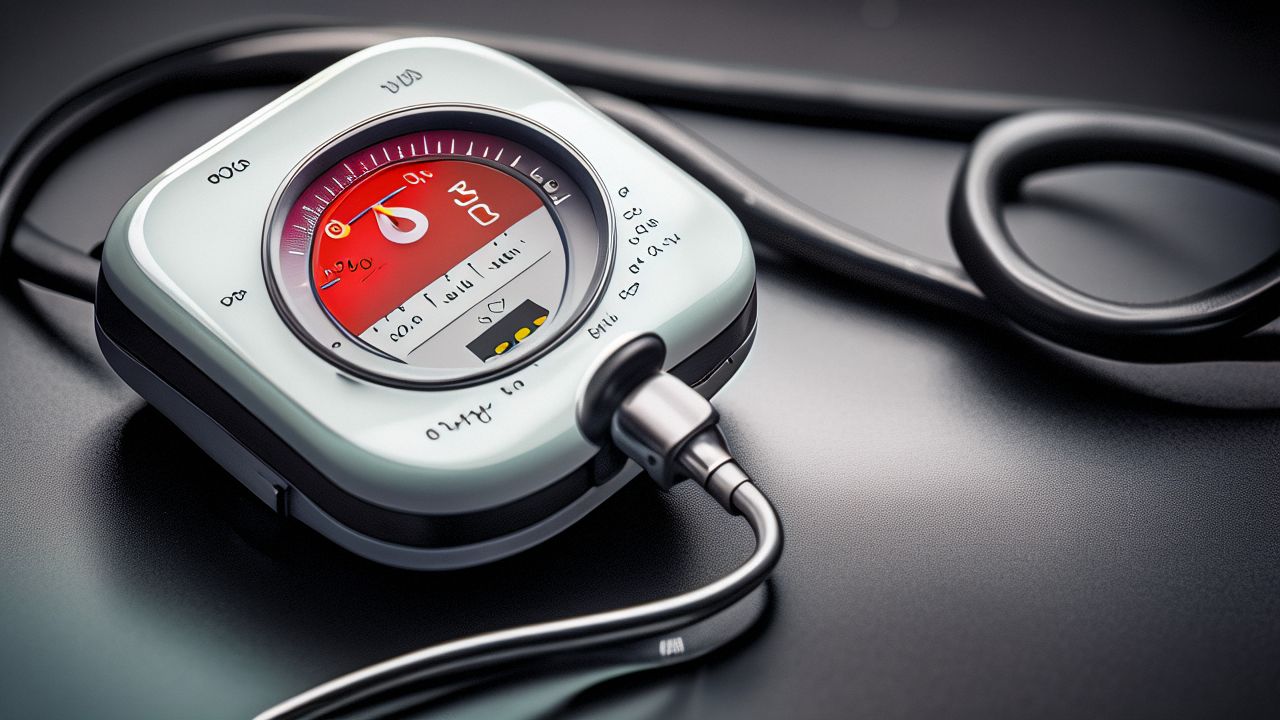Diabetic patients:what should be paid attention to in the recovery process?
For diabetic patients during the recovery process, it is important to focus on several key areas:
Diabetes is an endocrine disease and a lifelong disease, so knowledge about rehabilitation is particularly important for diabetic patients because it directly affects their prognosis and outcome, and must be given sufficient attention.

Dietary regulation.
The blood sugar level of diabetic patients has a direct relationship with the quality and quantity of food intake, and the blood sugar level to some extent indicates the severity and prognosis of diabetes. Therefore, dietary regulation is a crucial link for diabetic patients. Generally speaking, the daily amount of staple food for diabetic patients should be limited to within 300 grams, with a specific distribution of 150 grams for breakfast, 100 grams for lunch, and 100 grams for dinner.
If symptoms such as palpitation and sweating occur during dietary control, hypoglycemia may be considered, and energy can be supplemented by adding milk, cucumber, tomato, etc. If the daily amount of staple food is too high, but the insulin level in the body is low, blood sugar will inevitably rise, clinical symptoms will be obvious, and the prognosis will not be good.

Drug control.
In addition to dietary regulation, drug control is an indispensable and important part. The most commonly used anti-diabetic drugs are Glibenclamide and Metformin Hydrochloride tablets. Glibenclamide is a sulfonylurea drug that directly stimulates the secretion of insulin by pancreatic β cells, and it must be taken half an hour before meals, otherwise it will not work effectively; Metformin Hydrochloride tablets mainly promote the utilization of glucose by body cells, and they should be taken with or after meals.
Of course, in addition to the two main drugs, other drugs can also be taken under the guidance of a doctor for the treatment of complications, such as vitamins, antibiotics, etc.; for patients with poor long-term blood sugar control and multiple and obvious complications, insulin should be used under the guidance of a doctor, otherwise the consequences will be serious, and it should be given great attention.

Appropriate exercise.
Proper physical exercise and moderate activity are indispensable for the recovery of diabetes. However, it must be done in moderation because the daily intake is controlled. If excessive exercise is done, excessive energy will be consumed, and low blood sugar reactions may occur, and severe cases may even lead to low blood sugar coma. Please remember that exercise must be moderate, that is, do not feel tired after exercise.
Adjust your mood.
It is well known that diabetes is a systemic endocrine disease that is lifelong. Although diabetes cannot be cured, satisfactory treatment effects can be achieved. As long as patients are treated under the guidance of doctors, their condition can be fully controlled. Therefore, it is necessary to establish confidence in defeating the disease. In your spare time, you can read books, raise flowers, etc., to relax your mind and adjust your emotions, which is very necessary for the recovery of diabetes.
Regular check-ups.
How does your blood sugar control after treatment? Regular checks are necessary, mainly including fasting blood sugar, blood sugar 2 hours after each meal, and urine sugar. On the one hand, the examination results can be used to observe the effectiveness of the previous treatment. On the other hand, they can provide a basis for the next step of treatment. For patients with complications of diabetes, additional examinations such as fundus and nervous system examinations should be performed to understand the progression of the disease, so as to adjust the treatment plan in a timely manner. This is something that cannot be ignored.




